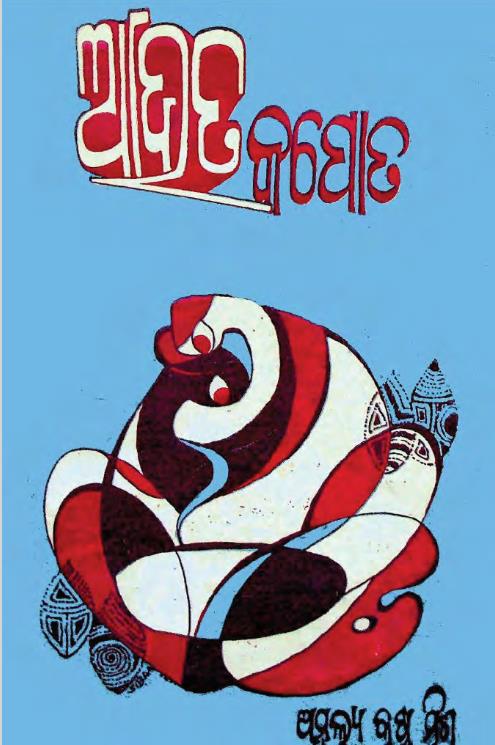In the literary landscape of Indian storytelling, Amulya Krushna Misra stands out as a masterful chronicler of human emotions and societal intricacies. His 1989 publication Ahata Kapota is a remarkable collection of short stories that delves into the subtleties of human relationships, aspirations, and the often-unseen emotional strains that accompany life in a rapidly changing society.
The title, which translates to The Struck Pigeon, serves as a poignant metaphor within the stories, representing the vulnerability of individuals caught in the throes of fate and circumstance. Each narrative in this compilation weaves a rich tapestry of characters whose lives intersect in unexpected ways, revealing the profound impact of seemingly mundane choices and events.
One of the standout stories in this collection is The Weight of Silence, where the protagonist, a middle-aged schoolteacher named Anirban, grapples with the burden of unexpressed love for his childhood friend, Meera. Anirban’s internal monologue reveals his longing and regrets, capturing the essence of unrequited emotions that many can relate to. With each meeting, the silence between them amplifies the tension of what remains unsaid, culminating in a heart-wrenching climax that leaves readers questioning the paths they choose to take in the pursuit of happiness.
Another compelling narrative titled The Forgotten Joy follows the life of an elderly widow named Kamala, who reminisces about her youthful days filled with laughter and companionship. As she confronts loneliness in a society that often neglects its elders, Kamala discovers solace in crafting intricate stories from the memories of her past. Misra’s keen understanding of human psychology transforms Kamala’s character into a symbol of resilience, reminding readers that joy, even when flickering, can be rekindled through reminiscence and creativity.
The stories within Ahata Kapota resonate deeply with themes of loss, longing, and the quest for self-identity. Misra’s nuanced portrayal of relationships, whether between childhood friends, families, or lovers, highlights the complexities inherent in human connections. Each character’s journey reflects broader societal issues, drawing a vivid picture of India during a period of socio-economic transformation.
Misra’s writing is characterized by its lyrical prose and careful attention to detail. He paints vivid settings, where the lush landscapes of rural India serve as both backdrop and metaphor for the characters’ emotional landscapes. The richness of his descriptions immerses readers, making them feel the heat of the sun, the chill of the night air, and the weight of unspoken words.
In Ahata Kapota, Amulya Krushna Misra reminds us that every story carries within it a unique lesson. Whether through joy or sorrow, the collection prompts readers to reflect on their own lives and relationships. With its blend of intimate character studies and broader societal reflections, Ahata Kapota remains a timeless exploration of what it means to be human, making it a significant contribution to Indian literature. Misra’s work continues to resonate, urging us to embrace vulnerability and seek connection in a world that often feels isolating.
Books Info
| Books name | Ahata Kapota / ଆହତ କପୋତ |
| Author | Amulya Krushna Misra |
| No Of pages | 87 |
| Publisher | Abhiram Mahapatra |
| Publication | 1989 |
| Printed At | Lipikar |
| Distributor | NA |

